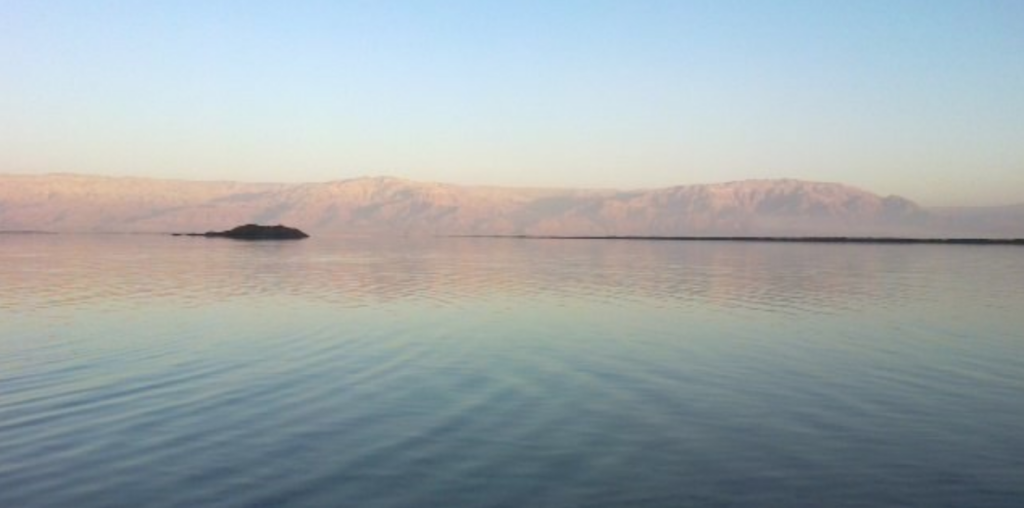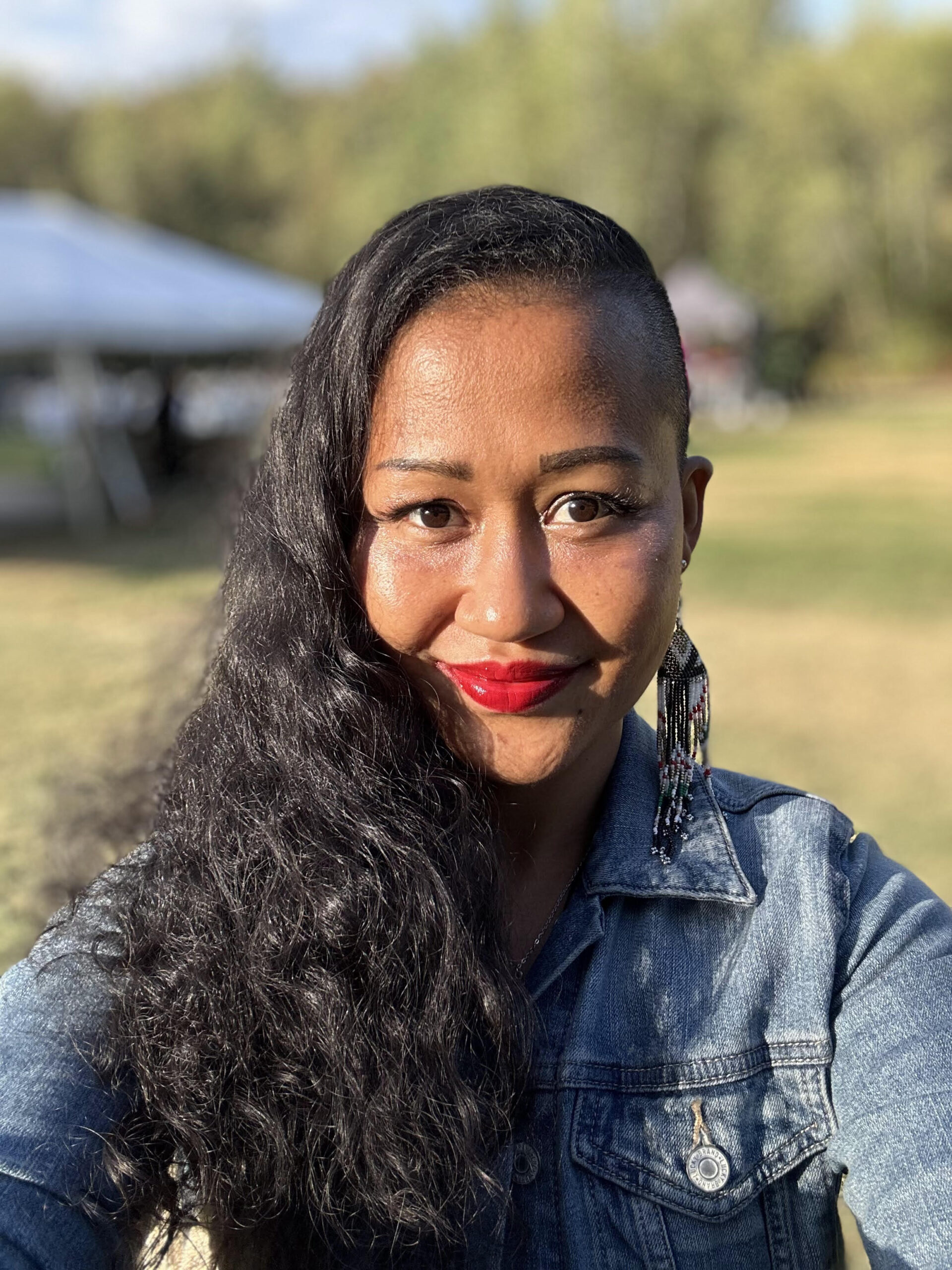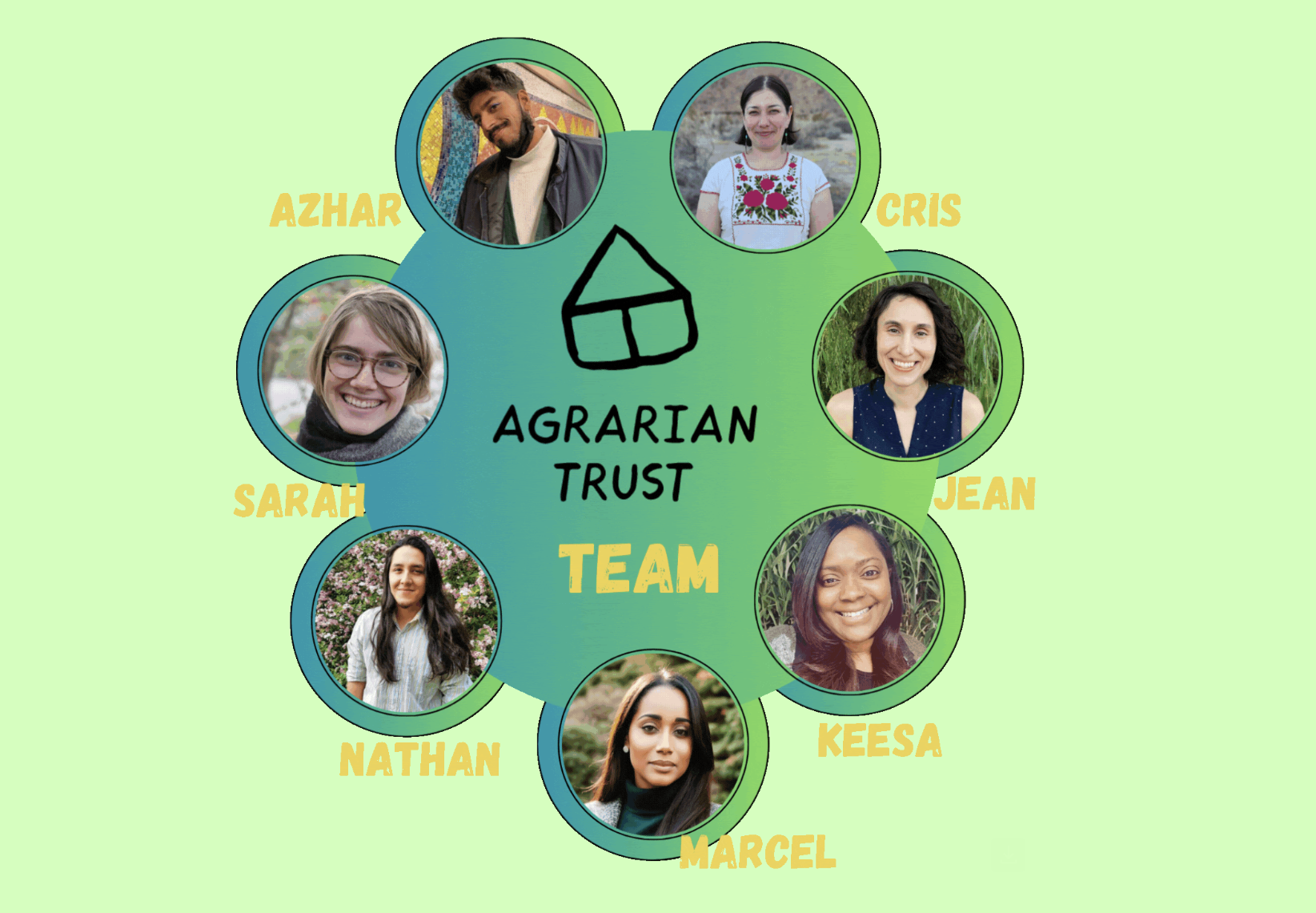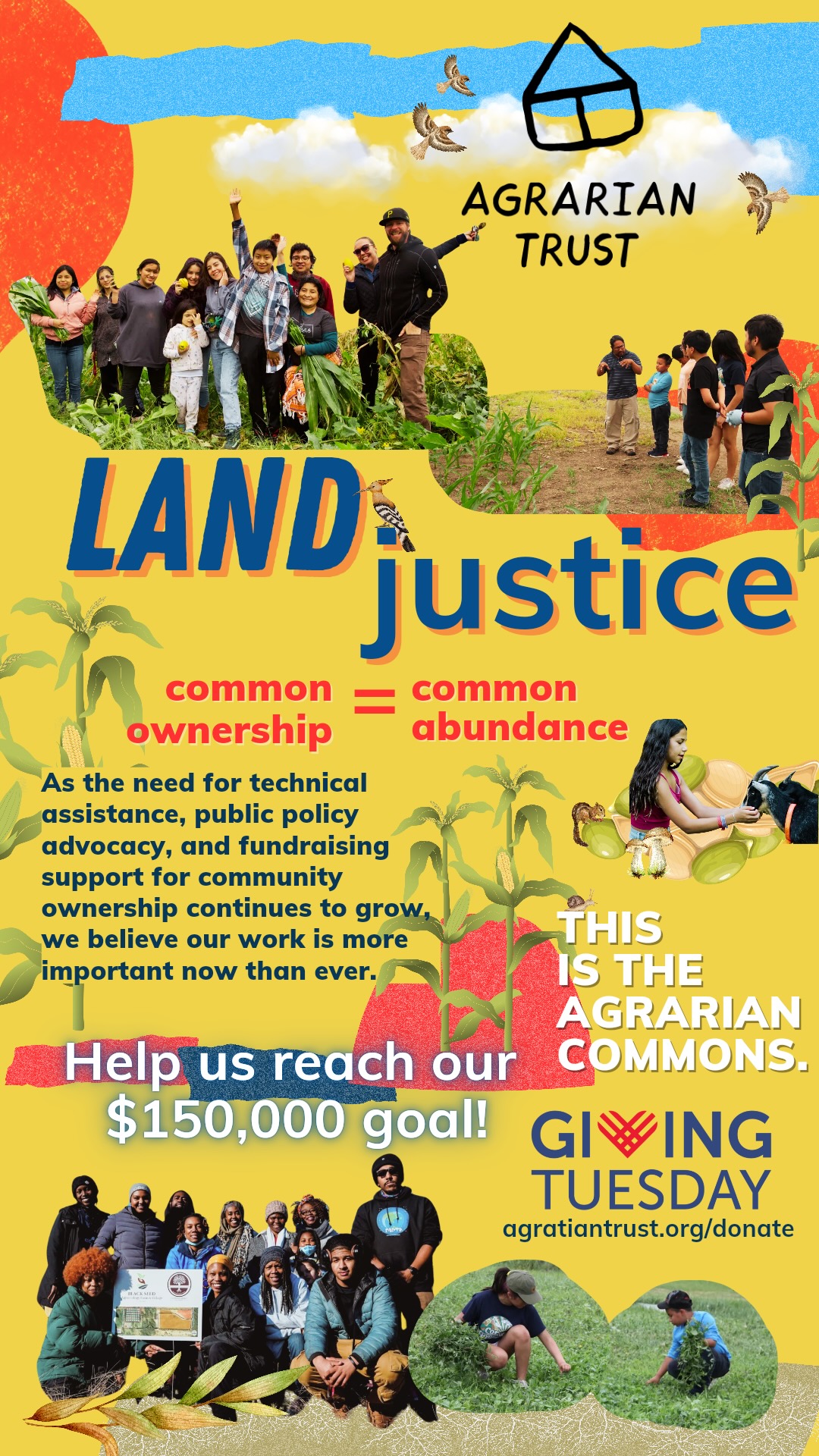Land rights are human rights.
—Dead Sea Declaration, Jordan, 2022
The Dead Sea stretches 31 miles along the border of Israel and the West Bank on the west, and Jordan on the east. The body of water is known for its high salt content, which allows swimmers to effortlessly float on its surface, and for a rich history that stretches back to the days of the Old Testament. The Dead Sea is an important source of income for locals, who rely on the money brought in from tourism to survive. Yet due to heavy water consumption, the water level of the Dead Sea has been receding at a rate of over one meter per year, putting the future of one of the world’s most famed natural landmarks at risk.

The fate of the Dead Sea, and of the Earth as a whole, was the topic taken up by a group of leading scientists, farmers, and activists who gathered in Jordan as part of the International Land Coalition’s Global Land Forum. The event centered on the necessity of creating a system of people-centered land governance as a means to counter the destructive effects of climate change. The consensus reached at the forum was released in the form of the Dead Sea Declaration, a four-page document which positions “land rights as a pathway out of the climate crisis.”
As a member organization of the International Land Coalition, Agrarian Trust is creating a path for U.S. farmers and landowners to preserve their land in a manner that actively combats climate change. Building public awareness of the Dead Sea Declaration can help inform and shape the mission of Agrarian Trust and aligned organizations as they fight for land rights in the United States.
The first three articles of the Declaration read:
Article 1: Land rights are a critical pathway to counter the climate crisis. Addressing this crisis is a central motivation for our work for people centred-land governance. We know the magnitude of our task, and we commit ourselves to the urgent work of changing the systems that are wreaking havoc on our planet and its people.
Article 2: With this spirit, we are committed to work together to ensure that women, men, communities and youth in all settings who live on the land get their power back. We respect the stewardship role they play on behalf of all humanity, and we recognise their rights to decide on, benefit from, and manage their lands and natural resources. We respect Indigenous Peoples’ crucial role and valuable contributions, their Cosmo vision, knowledge, and ways of life in combating the climate crisis, fostering biodiversity conservation, and forest management. In line with this, we recognize Indigenous Peoples’ right to Free Prior and Informed Consent (FPIC) and thus we shall accelerate Indigenous Peoples’ full, effective, and meaningful participation in ILC’s activities and processes at all levels.
Article 3: To this end we will facilitate National Land Coalition’s and regional initiatives to bring allies together in support of people’s organisations that pave the way for locally-led initiatives, inclusive, evidence-based policies, people’s data for accountability and planning and resource allocation for people-centred development.
80% of the Earth’s biodiversity
is on land controlled by Indigenous tribes.
The Dead Sea Declaration comes at a critical moment in the movement for a more just and sustainable system of land governance. Time and time again, the stewardship of land by communities who live there has proven to be the most effective way to conserve the Earth’s ecosystems and climate. Eighty percent of the Earth’s biodiversity is on land controlled by Indigenous tribes: not as a matter of coincidence, but as a result of the centuries of knowledge and care practiced by Indigenous people. These bastions of biodiversity need to be defended at all costs. The knowledge and practice of these stewards can help inform efforts to expand people-centered land governance around the globe.
The Agrarian Commons model contributes to these efforts by ensuring that land will be controlled by communities in perpetuity, supporting rural economies by guaranteeing land held in the commons will be farmed, and by protecting the Earth’s ecosystem by including strong regenerative farming and rights of nature language in Commons leases.





